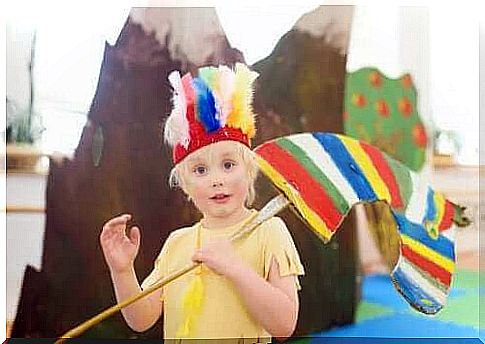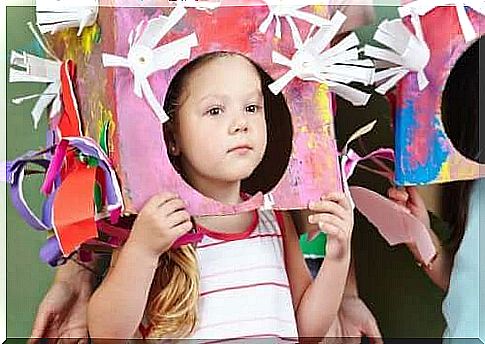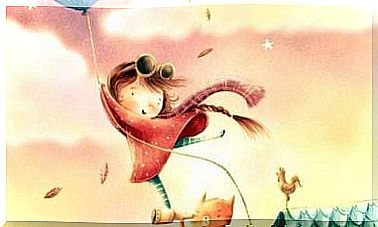Theater In The Classroom: Benefits For Children

Theater in the classroom is one of the most valuable resources to help with the general education of your children. It’s also a way to help them learn while having fun.
Including drama activities in the classroom can help children develop a variety of skills. This allows children to explore a world of expression and creativity.
In his book Children’s Theater in Spain: A Challenge , Fernando Aleman reminds us that children’s theater and drama are often seen as separate things. Nevertheless, it is important to remember that children’s theater is a unique and universal concept.
Dramatic play is a natural part of most children’s lives before entering school or kindergarten. This game often takes the form of fantasy games. This allows them to understand their own identity by exploring fictional situations similar to the real world.
Applying theater in the classroom
When we talk about theater in children’s education, we may mean plays in which the child itself plays. But we can also talk about plays designed and written for children as audiences.
In this article we are talking about theater that is conceived by children themselves. Children can take the initiative in deciding the game they want to play together. Their teachers support the entire game process.

Spanish novelist and screenwriter Armanio Rodriguez Lazaro reminds us that theater as performed by children should always have the following characteristics:
- It should be performed in the children’s classroom.
- All children must participate in the game.
- The child is the actor and the main character.
- Improvisation serves as the basis for the activity.
- The teacher should guide the students and stimulate their creativity.
- The play aspect of theater is fundamental to the child’s free expression.
- The lyrics should not be theatrical.
- Music, dance and visual arts serve as important elements in the creation of the work.
Developing skills
Children love to exercise and socialize with other children. Theater encourages them to do just that. They will not just sit still and listen. Playing theater allows them to move and talk to each other.
These theater activities help the children develop fundamental skills such as creativity and research. However, also communication, empathy, self-esteem, cooperation, leadership and negotiation.
Learning through theatre
In the classroom, theater can be a powerful teaching tool on many different subjects. Specifically, theater helps children develop skills such as starting to read and write.
It also promotes oral expression, listening and expands their vocabulary. In addition, it encourages children to understand and express different points of view.

Through theater children learn to express their emotions in a specially created environment. They begin to explore their cultural values and those of their classmates. This promotes their understanding of others.
It is an activity where children can think and act creatively. It can also help develop problem-solving skills that can be applied to all areas of learning. In addition, they are encouraged to take responsibility and make decisions.
Teachers can adopt a more open approach in the classroom by focusing on both the learning process and the goal.
Theater activities give children the opportunity to play an active role in learning. This can continue for as long as their education lasts. In addition, structured dramatic play is a wonderful tool for their development.









